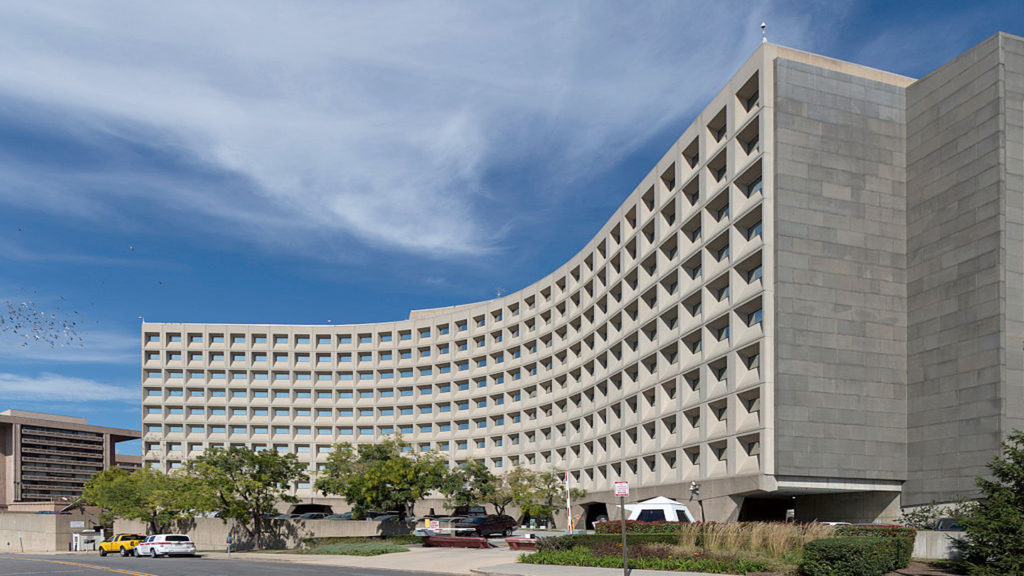
The federal government released new guidance on Thursday reinforcing the importance of supportive service programs for older adults living in subsidized affordable housing.
The guidance applies to properties under the US Department of Housing and Urban Development’s Multifamily Section 202 Supportive Housing for Elderly program. Supportive service plans are meant to ensure that residents live independently and avoid unnecessary institutionalization.
Services can include meals, transportation, fall prevention programs, housekeeping, and health and wellness programs that can benefit the entire community, HUD said.
“Supportive services that facilitate independent senior living, increase safe socialization opportunities, and provide health and wellness benefits are a key component of our efforts to provide and expand deeply affordable rental housing for the nation’s low-income senior population,” Julia Goran, assistant secretary for housing and federal housing commission, said in a statement. “Today’s guidance reinforces the importance we place on supporting the health and wellbeing of seniors living independently in rental homes that receive contract renal assistance from HUD.”
The guidance provides requirements on the scope, content and timeline for supportive services plans when property owners develop new plans or refresh existing plans to maintain funding through the Section 202 Project Rental Assistance Contract (PRAC) program. PRAC covers reasonable and necessary operating expenses beyond a tenant’s portion of the rent.
The guidance also clarifies that supportive service funds can be used to benefit the community as a whole when full resident participation does not significantly increase the operation budget or adversely affect program operations. Common area fitness equipment was cited as an example.
The guidance comes after owners requested more details on how to plan and execute effective services programs for residents while maintaining HUD requirements, according to the agency.
COVID-19 tests available
HUD also announced the launch of a free COVID-19 antigen test health partner ordering portal. Owners and site-based staff members can register online to order test kits to be delivered to properties every week.
In other HUD news
On Thursday, HUD announced that it had published a proposed rule in the Federal Register to implement the Fair Housing Act’s mandate to affirmatively further fair housing.
The proposed rule would retain much of the 2015 AFFH Rule, with changes including a more robust community engagement requirement, a streamlined analysis, greater transparency and an increased emphasis on setting goals and measuring progress.
The proposed rule also would hold program participants accountable for achieving positive fair housing outcomes and compliance with obligations to affirmatively further fair housing.
Although the rule does not apply to Section 202 affordable senior housing providers, it does affect other HUD programs related to housing for older adults. LeadingAge previously told McKnight’s Senior Living that it supports “strong, fair housing enforcement to help address housing discrimination.” LeadingAge said it would be commenting on the newly proposed rule.
The comment period on the proposed rule runs through April 10.




